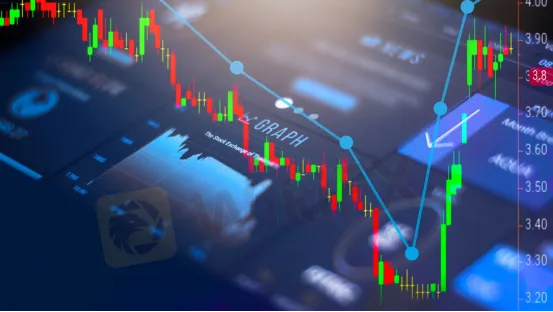简体中文
繁體中文
English
Pусский
日本語
ภาษาไทย
Tiếng Việt
Bahasa Indonesia
Español
हिन्दी
Filippiiniläinen
Français
Deutsch
Português
Türkçe
한국어
العربية
The South African rand is losing ground, but equities are benefiting from the global upswing.
Abstract:Even as investors returned to riskier assets at the expense of the dollar and other safe-haven assets, South Africa's rand fell in thin trade on Thursday.

Even as investors returned to riskier assets at the expense of the dollar and other safe-haven assets, South Africa's rand fell in thin trade on Thursday.
The rand was trading at 15.7325 against the dollar at 0700 GMT, down 0.2 percent from its previous close.
Stocks rose much higher in early trade, adding to gains gained the day before.
Investors have reacted positively to indicators that the Omicron version of COVID-19 may be less severe than previously thought, as well as other encouraging signals such as strong U.S. economic statistics.
Even as investors returned to riskier assets at the expense of the dollar and other safe-haven assets, South Africa's rand fell in thin trade on Thursday.
The rand was trading at 15.7325 against the dollar at 0700 GMT, down 0.2 percent from its previous close.
Stocks rose much higher in early trade, adding to gains gained the day before.
Investors have reacted positively to indicators that the Omicron version of COVID-19 may be less severe than previously thought, as well as other encouraging signals such as strong U.S. economic statistics.

Disclaimer:
The views in this article only represent the author's personal views, and do not constitute investment advice on this platform. This platform does not guarantee the accuracy, completeness and timeliness of the information in the article, and will not be liable for any loss caused by the use of or reliance on the information in the article.
Read more

The Impact of Interest Rate Decisions on the Forex Market
Interest rate changes determine currency attractiveness, influencing capital flows and exchange rate trends. Understanding this mechanism helps investors navigate the forex market effectively.

How a Housewife Lost RM288,235 in a Facebook Investment Scam
A 47-year-old housewife in Malaysia recently fell victim to an online investment scam, losing a substantial sum of RM288,235 after engaging with a fraudulent scheme advertised on Facebook.

A Trader’s Worst Mistake: Overlooking Broker Reviews Could Cost You Everything
In today’s digital age, reviews influence nearly every decision we make. When purchasing a smartphone, television, or home appliance, we pore over customer feedback and expert opinions to ensure we’re making the right choice. So why is it that, when it comes to choosing an online broker where real money and financial security are at stake many traders neglect the crucial step of reading reviews?

Interactive Brokers Launches Forecast Contracts in Canada for Market Predictions
Interactive Brokers introduces Forecast Contracts in Canada, enabling investors to trade on economic, political, and climate outcomes. Manage risk with ease.
WikiFX Broker
Latest News
The Withdrawal Trap: How Scam Brokers Lure Victims into Paying More
FCA to Investors: Think Twice Before Trusting These Brokers
Trump\s tariffs: How could they affect the UK and your money
Trump gambles it all on global tariffs he\s wanted for decades
TradingView Brings Live Market Charts to Telegram Users with New Mini App
Trump tariffs: How will India navigate a world on the brink of a trade war?
Interactive Brokers Launches Forecast Contracts in Canada for Market Predictions
Authorities Alert: MAS Impersonation Scam Hits Singapore
IG Group Acquires Freetrade for £160M to Expand UK Investment Market
U.S. March ISM Manufacturing PMI Released
Currency Calculator







